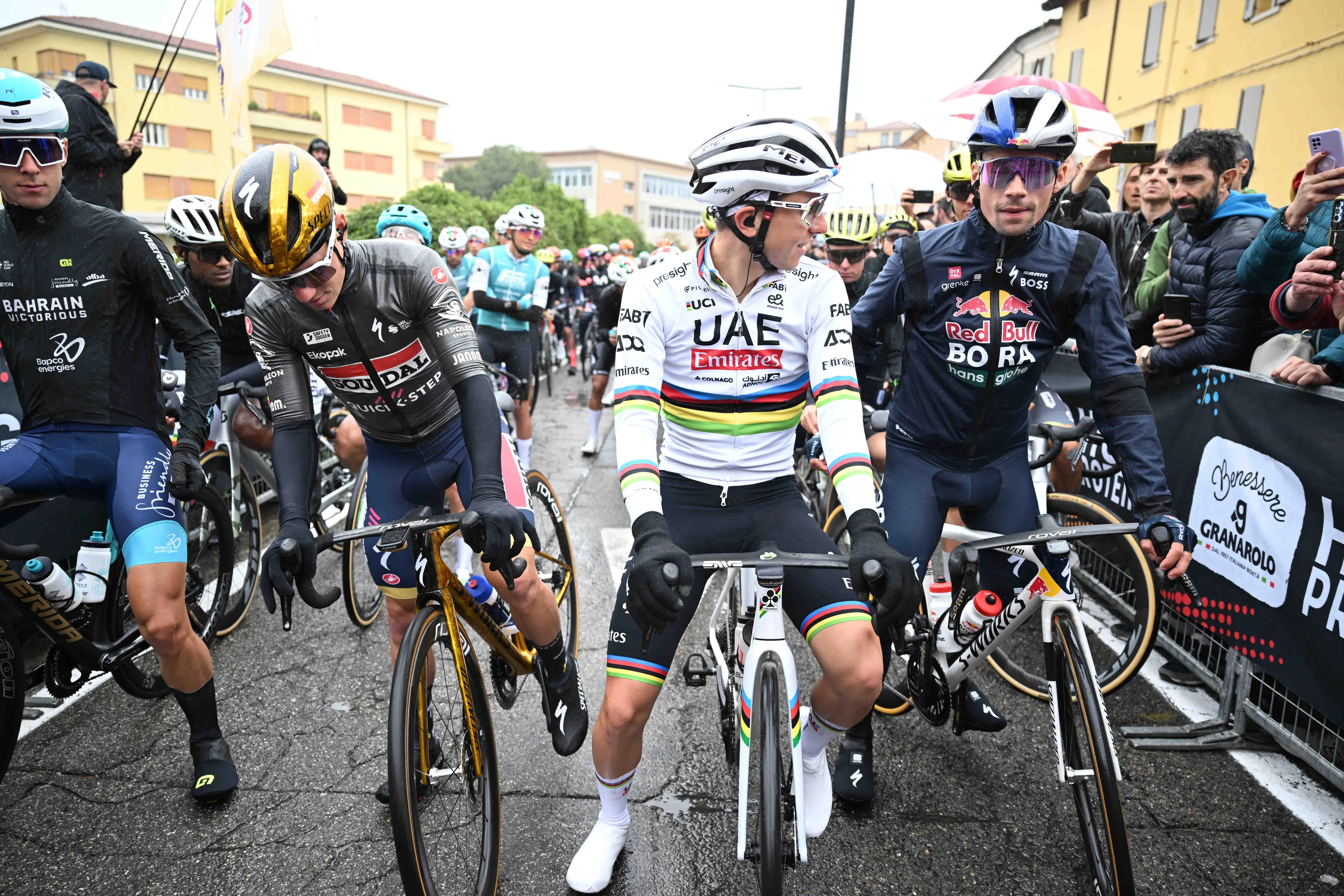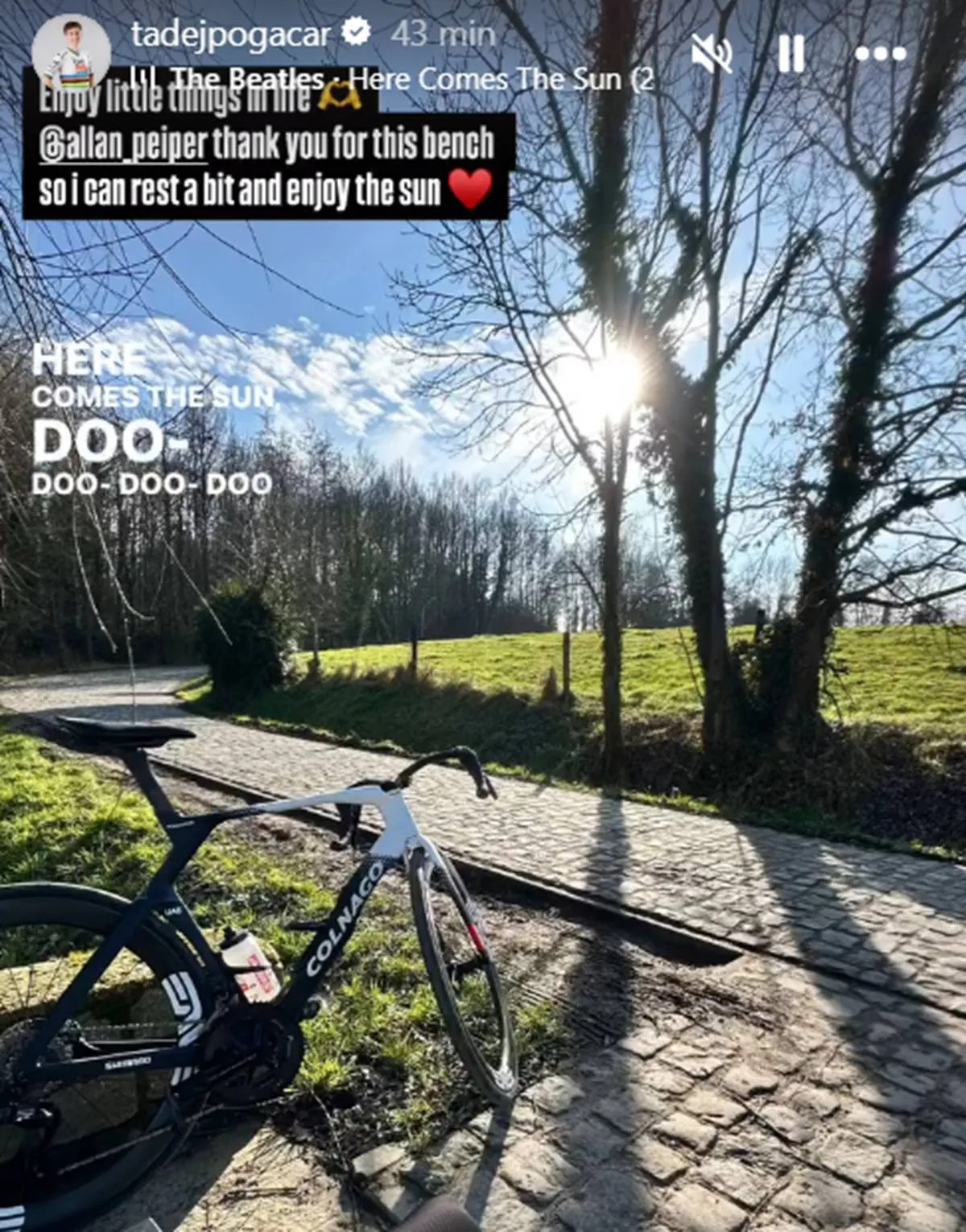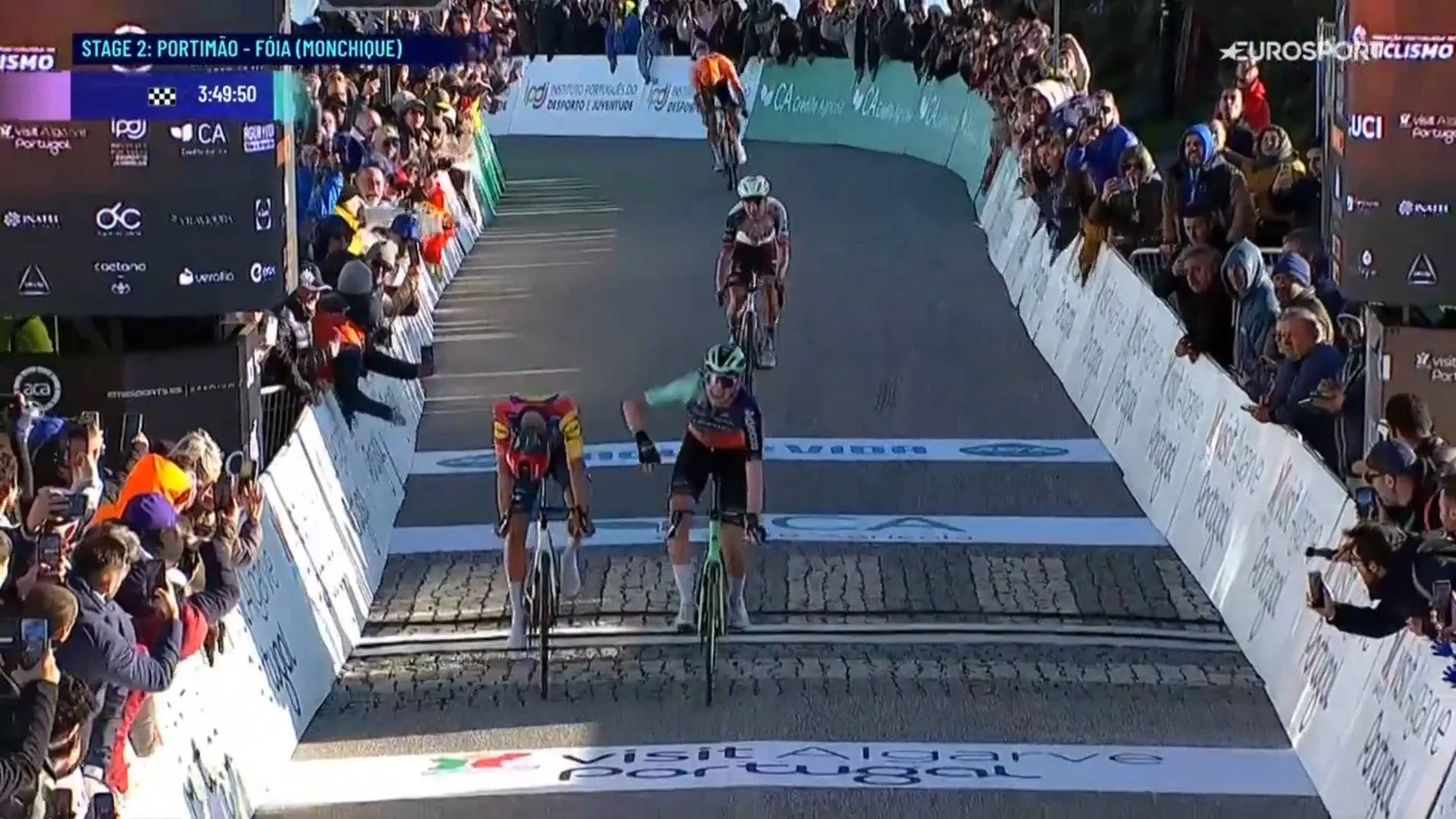More bad news for British cycling? Iconic climb Snake Pass in need of £4 million repairs: “I wouldn't ride up there with my kids, not in a million years"
CyclingMonday, 10 February 2025 at 14:00

Snake Pass, the famous hill pass in the Peak District, is
one of the most beloved and challenging climbs for cyclists in England. Running
between Glossop and Ladybower Reservoir, the road has long been a favourite
among riders drawn to its stunning scenery and testing gradients. With an average
gradient of 5.7% over six kilometres, it provides a tough but rewarding ascent
and has even been featured in the Tour of Britain.
However, despite its status as a legendary climb, its future
is now uncertain.
Read also
According to Cycling Weekly, the long-term viability of
Snake Pass is in doubt, with Derbyshire County Council stating that it can no
longer afford to maintain the road. Prone to landslips and structural issues,
the road reportedly requires £4 million in repairs, a sum the council claims it
cannot meet. The situation has led to concerns that the pass may eventually be
closed to motor vehicles or left to fall into disrepair, raising fears about
what that would mean for cyclists.
Snake Pass has hosted many cycling hill-climb races, and
events such as Glossop Kinder Velo’s annual climb continue to draw riders eager
to test themselves on its slopes. The road's closure or neglect would represent
a significant loss for the cycling community, particularly given its rich
history in the sport.
Read also
The Peak District is one of the most popular regions for
cyclists in the UK. No, it’s not quiet the alps we see in the Tour or the Giro,
but the Peak District is sublime in its own right. For British cyclists, Snakes
Pass is a must ride route.
Simon Warren, author of 100 Greatest Cycling Climbs,
highlighted the risks of allowing Snake Pass to deteriorate. "It would
quickly fall into disrepair. It might be great for the first couple of
weekends, but then the moss will come and the sheep and stuff before, you know,
it'll be a dirt track."
His comments reflect a broader concern that, while closing
the road to cars might initially seem like a win for cyclists, it could ultimately
make the route unusable. Warren also noted that cyclists rely on roads being
maintained for cars, adding, "Our road bikes, we wouldn't be able to use
them if the roads weren't built for cars. Without the car, we wouldn't have the
facility to ride our bikes. So the two have to go hand in hand, and we have to
share the space."
Read also
The road's safety, however, remains a contentious issue.
Snake Pass has long had a reputation for being dangerous, particularly due to high
speeds and regular accidents involving motorcyclists. Warren acknowledged this
risk, saying, "There are regular fatalities on Snake Pass, mainly
motorcyclists, so it's not a safe road for other road users, let alone
cyclists."
He continued, "It's fine for club riders who are
confident and know the risks and often cycling groups. But in terms of
encouraging more people to cycle or people to get out on their bikes, I
wouldn't ride up there with my kids, not in a million years, because it isn't a
safe road."
Despite concerns over maintenance, some have speculated
whether closing Snake Pass to motor vehicles would be an improvement. However,
local riders do not believe this is a realistic or positive solution and have raised several other concerns.
Read also
Bryn Adams, from Glossop Kinder Velo, expressed his doubts
about a permanent road closure. "We don't really think it's likely to
close permanently to cars, and I don't think it'd be a particularly good thing
if it did happen," he said. "I think it would just be neglected. I
don't really see the funds being there to maintain it just for cyclists and
walkers and so on. I think if it closed to cars it would just fall into
disrepair and not be safe for cycling."
The Derbyshire County Council has also made statements about
the future of the road, though there seems to be some confusion over its
responsibilities. Reports suggest that the council told the BBC it is not
responsible for Snake Pass, adding further uncertainty to the situation.
Read also
The council has previously indicated that it would "prefer
if cyclists did not use Snake Pass", with safety concerns at the heart of
the issue. While the road has been temporarily closed to cars multiple times in
the past due to landslips and adverse weather, cyclists have often continued to
ride the route, sometimes resulting in criticism from local authorities.
With £4 million needed for maintenance and no clear
financial solution, Snake Pass could face a long period of uncertainty. If left
to deteriorate, it could quickly become un-rideable, losing its place as one of
England’s premier cycling climbs. If kept open without proper investment, it risks
remaining a hazardous route for all users, particularly given its reputation
for fatal accidents.
claps 0visitors 0
Just in
Popular news
Latest comments
- Minor flaws.... thats like suggesting Genghis Khan was a bit aggressive with other countriesslappers6619-02-2026
- Then you carry on if that's what makes you happyslappers6619-02-2026
- Fabio cannot catch a break.mij19-02-2026
- OK, today is the "air conditioner"... yesterday was a cramp... on saturday a bee will sting him in his tongue... his tongue will swell up and mustafa gets no oxygen. Because of his swollen tongue, Remco won't be able to give us a new excuse. Remco and the spanish rat Ayuso should be on the same team. They both have a ton of excuses and both of them are liars. Ad acta.Mou-Cro-HR19-02-2026
- Florian Lipowitz is secretly happy
 Rafionain-Glas19-02-2026
Rafionain-Glas19-02-2026 - The crucial thing to remember is that Remco was broken by the pace of Gall and Tiberi, not Del Toro's. Remco's excessive antics are because he doesn't want anyone to think that he's 'genuinely' struggling. You can always say 'he got cramps' because 'his preparation didn't go to plan', but the thing is that there is a limit to the number of excuses and exceptions that there can be. Eventually everyone just accepts that he's reached his ceiling on the climbs.
 Rafionain-Glas19-02-2026
Rafionain-Glas19-02-2026 - Bahraini suspicious..Santiago19-02-2026
- The problem is, a British 'boss' opening the gates, when the native workers not wanting them!
 leedorney19-02-2026
leedorney19-02-2026 - Who is overrating him on climbs? Everyone knows since ages it’s his weakness and needed years of work. Question us if he can do enough about it. For sure he won’t be able to improve his TT enough to compensate.Mistermaumau19-02-2026
- What do you call only seeing someone’s positives?Mistermaumau19-02-2026
Loading
Write a comment











